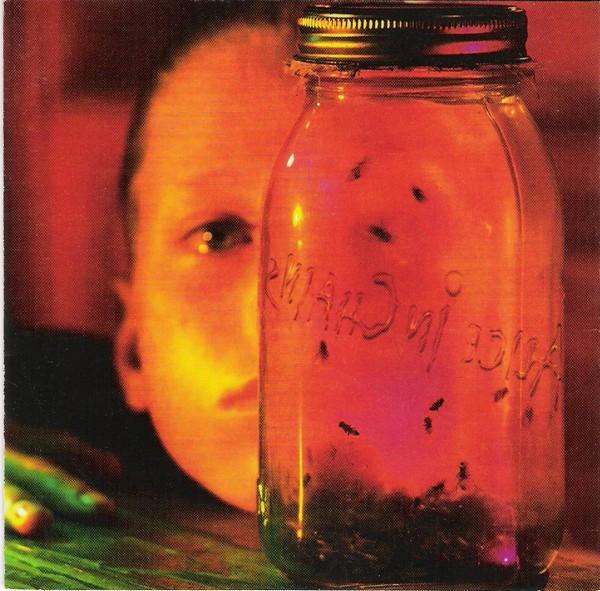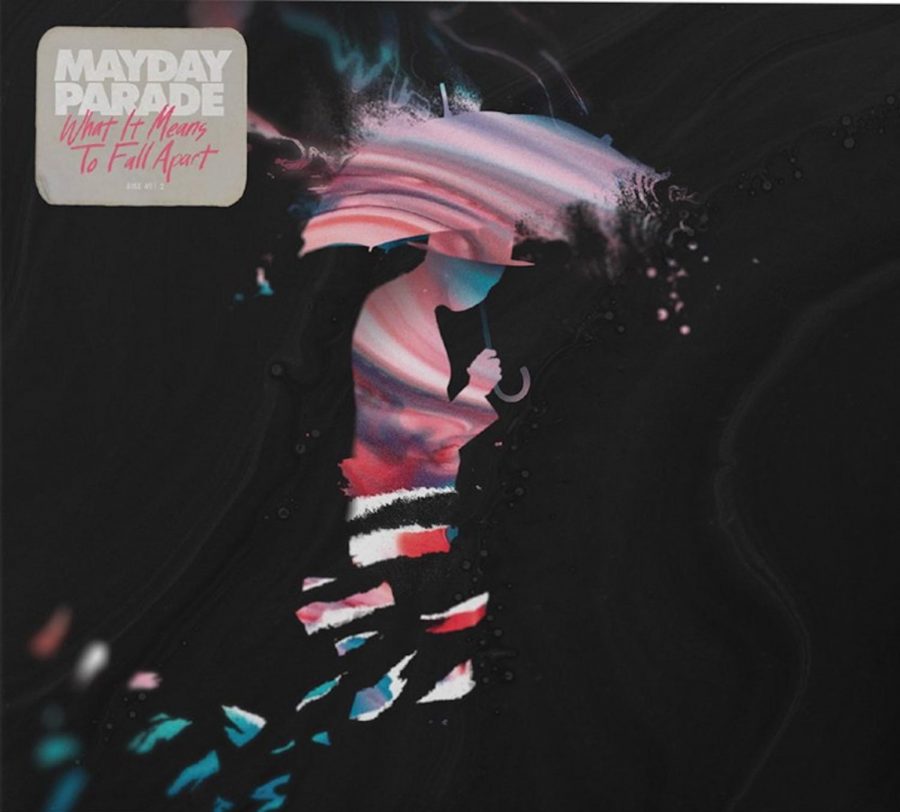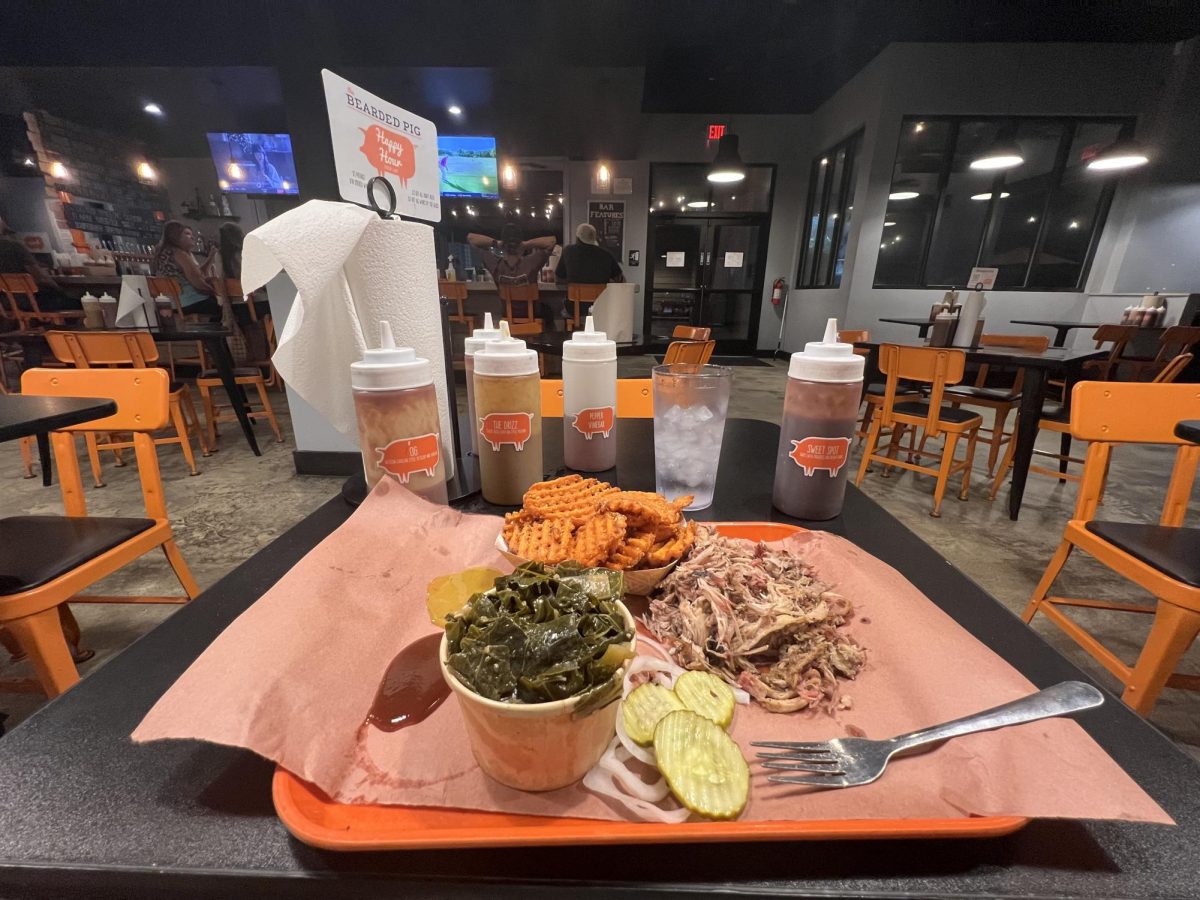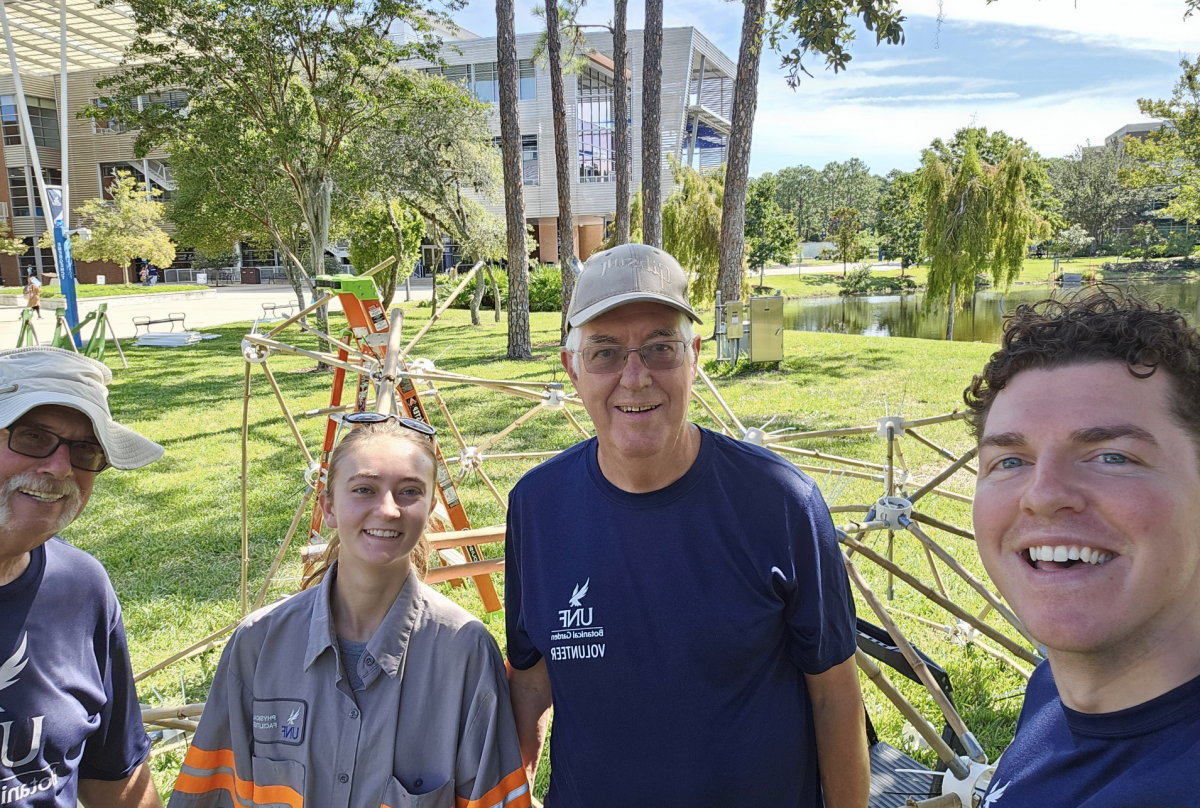Introduction: Indie-folk legends of the early 2000s, Bright Eyes, released their first album in almost a decade: Down in the Weeds, Where the World Once Was, on August 21, 2020. Older millennials would recognize the lead singer, Conor Oberst, from not just Bright Eyes, but his punk band, Desaparecidos, as well. Younger people might be more familiar with his work with Phoebe Bridgers in Better Oblivion Community Center. This album evokes all kinds of nostalgia while also concentrating on heavy themes like loss, depression, and change. It has a balanced blend of folk and indie rock, with some experimental sounds as well.

Track-by-track Review:
- Pageturners Rag – This indie rock album starts with a storytelling mood all set in ragtime. Rags were some of the first types of songs I learned how to play on the piano, so it was nostalgic for me. After reading the meaning behind the dialogue that can be heard softly underneath the keys, the song has a whole new meaning. It opens with a woman speaking in Spanish telling people to “join us as we take a walk down this long hallway, through the doors, and down memory lane.” The most heart wrenching part is realizing the second woman telling a story later on in the song is Oberst’s mother talking about her other son. According to an interview with Fader, Matthew Oberst died in 2016, and this album is dedicated to him.
- Dance and Sing – The second I heard this song for the first time, I was filled with an immediate sense of warmth. I think this first song with lyrics sets the mood for the entire album – extreme bittersweetness. Oberst’s groggy voice sings over a folk-rock tune, but eventually is joined by a small choir and orchestra. The lyrics are so poetic, but the one that stood out to me was the very first verse, “Got to keep on going like it ain’t the end / got to change like your life is depending on it.”
- Just Once in the World – The third track has a folk feel, the kind of tune you can imagine a group of people singing around a campfire arm-in-arm. Oberst seems to be singing about his perspective of the human experience, how, “if given the time / they’ll blow up or walk on the moon.” I think he says this to show how human nature can be both destructive and innovative. Nate Walcott, one of the band members said, “Instrumentation-wise we went somewhat festive, familiar, and slightly baroque—Marxophones, organs, pianos.”
- Mariana Trench – This track was released with three other singles to tease the album on June 22, 2020. The sound of this one reminds me of 90s rock, which makes sense because Nate Walcott has worked with the Red Hot Chili Peppers. There are lovely harmonizing vocals sung by Jesca Hoop and MiWi La Lupa. The lyrics are all about the highs and lows of life, and making sure to be vigilant of who’s watching, “look out for the plainclothes / look out for what the wiretap knows.”
- One and Done – The album takes a melancholic turn down “memory lane” that was referenced in the opening track. Oberst even tells Apple Music, “Lyrics-wise, definitely one of the darker ones on the album.” Sonically, this song has an incredible bass-line, orchestral string section, and glimmering harmonies. It’s perfectly eerie in a cozy way. Stephen King fans will be pleased to hear the Carrie reference, “stood in your prom dress all covered in blood.” The rest of the lyrics seem to be talking about meeting up old friends and seeing how different hometowns look once you grow old.
- Pan and Broom – Luckily, this track picks the mood up out of the sad pit the album seemed to be falling down. There’s lots of synths with other reverbed spacey instrumentals. The lyrics seem to be talking about how even though lots can go wrong, you should try and not overthink it all, “if it’s not all that important then why make a fuss at all?”
- Stairwell Song – If my life happened to turn into an indie rom-com, this is the song I’d want playing at the end. It’s a beautiful and grand romantic ballad with the orchestra and everything. Oberst even admits, “It’s a love song and they’re parting ways at the end, so they get a good Hollywood send-off. Go big or go home.” My favorite line has to be, “you were smart, but so foolish with your heart.”
- Persona Non Grata – The title comes from the Latin phrase that translates to “unwelcome person”. A lot of fans are interpreting this as a song about both personal issues and political issues in the United States. There are lots of lyrics that paint the picture of a society falling apart, “there’s a line out the church / where your homelessness works.” The band chose to hire bagpipe players for this song because Oberst said the overall theme was based on a funeral dirge.
- Tilt-A-Whirl – An ode to Oberst’s family, this song talks about all the tragedies they’ve had to face over the last few years, particularly the death of his older brother, Matthew. Though it’s the shortest song on the album, it brings back the older Bright Eyes sound of the late 90s and early 2000s. I’m not sure exactly what the line, “You can’t unhear Beethoven’s 5th / this human heart’s an aggregate,” means, but it stood out to me for some reason. I took it as how some songs just leave a lasting impression on you, and will evoke certain emotions whenever you hear them.
- Hot Car in the Sun – This song dives right into a feeling too many are familiar with. The lyrics just describe going through the motions while contemplating if it’s worth it to continue on with life. Oberst’s voice sounds fragile in this song which complements the meaning of the lyrics. I can’t sum up the lyrics any better than Oberst does in an interview with The Independent which you can read here.
- Forced Convalescence – With a smooth-rock sound, this track sounds a bit more hopeful. Though Oberst is talking about living with his depression, he sings of the little joys he’s found throughout it. It surprisingly fits perfectly with the state of the world right now, that being everyone sitting in isolation because of COVID-19. I like one of the lines in the second chorus that goes, “I see everything at once / feel the wind / through the window / and I’m overcome with love.”
- To Death’s Heart (In Three Parts) – This five and a half minute song is divided in three parts: “benedicente”, “agotante”, and “éphémère” meaning “blessing”, “exhausting”, and “ephemeral” in Italian, Spanish, and French respectively. The song is really sad, especially since Oberst worked on it with his ex-wife, Corina Figueroa Escamilla. A lot of the song is about her, and even the second part is about how she said it was exhausting or “agotante” to live with him. Part of the album’s title is sung in one of the verses, “down in the weeds again, tough to explain.”
- Calais to Dover – Listeners can hear the approach to the end of the album through the sound of this song. It has that sort of climactic rock feel, especially with the guitar solo interlude. Oberst sings of someone leaving and is asking to know what he’s done wrong that way he can fix it. It almost sounds like he wishes the person he’s wronged would be a little more agitated with him, “tell me what’s wrong / tell me I’ll pay for what I’ve done.”
- Comet Song – The last track is so fitting for the end of an album. Not only does it lyrically tie up everything that’s been sung about, but instrumentally as well. Walcott said he was inspired by Led Zeppelin for the instruments. Oberst says, “That’s why I was pretty adamant about that being the last line of the record, ‘You’re approaching, even as you disappear.’” Just like a comet, people come and go. Even though what happens in between birth and death may differ, everyone starts and ends the same way.
Summary: Honestly, I was surprised by how much I loved this album. I never listened to Bright Eyes that much before this, aside from their song “First Day Of My Life.” Storytelling is one of my favorite aspects of music, and this album does an incredible job at that. The intro and outro are so fitting, and I love the placement of every song in between. There’s definitely a lot of heart-wrenchers, but there’s this underlying feeling of hope despite it all. Lyrically, it was beautiful, and the balance of folk and rock was just stunning. I would easily rate this album five out of five Spinnaker Sails.

Standout Tracks: “Dance and Sing,” “Just Once in the World,” “One and Done,” “Stairwell Song,” and “To Death’s Heart (In Three Parts).”
___
For more information or news tips, or if you see an error in this story or have any compliments or concerns, contact editor@unfspinnaker.com.















